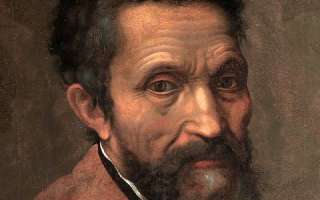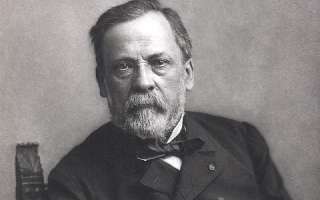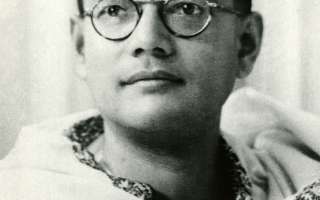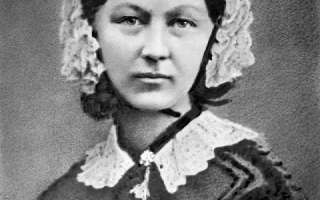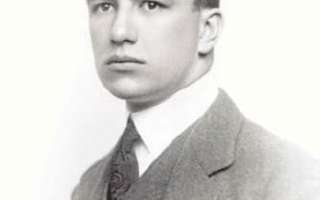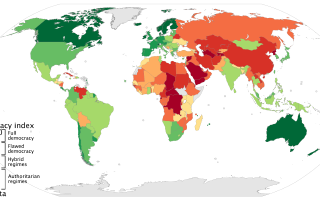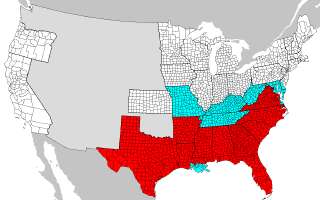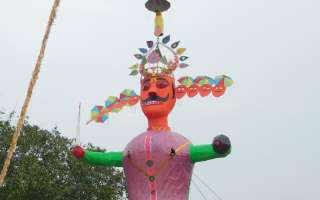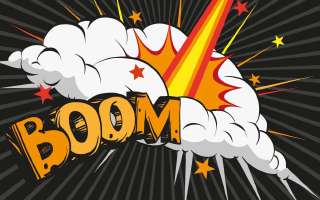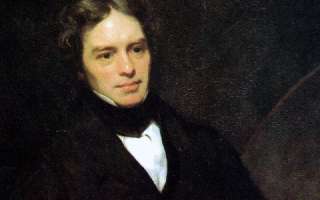We use the ‘Flesch–Kincaid Grade Level Formula’ to present scores as per US grade level. See all the grade levels here. Following articles, stories and features are appropriate for people at reading level of Grade 9 (Age 14-15 years). More information about Flesch–Kincaid readability tests can be found here.
156 items in this section. Displaying page 1 of 16
Michelangelo: The Greatest Artist in Human History
Michelangelo (1475 – 1564): More than 500 years ago a young artist studied dead bodies, even went through their organs, and their muscles and bones, so that he could turn a block of white marble into the shape of a living, breathing man. That young man was an Italian sculptor and painter Michelangelo. Michelangelo di Lodovico Buonarroti Simoni, best known as Michelangelo was an Italian sculptor, painter, architect, and poet. His work has deeply influenced Western Art and he is the best-documented artist of the 16th century given the sheer volume of his work....
Louis Pasteur: The man who discovered vaccination
Louis Pasteur (1822 - 1895): The next time you chomp on cheese or sip some wine, remember the French scientist Louis Pasteur who discovered that spoiled milk, fermented beer and wine, and many diseases are caused by bacteria. Millions of people are saved from bites from rabid dogs because of the rabies vaccine developed by Louis Pasteur. Bacteria are tiny, living organisms that are only visible under a microscope. More than 150 years ago, Pasteur discovered that heating milk between 60 to 100 degrees Celsius kills the bacteria....
Subhas Chandra Bose: The first man to set up a government of free India
Subhas Chandra Bose (1867 to 1945): Can the enemy of your enemy be your friend? Would you ask your enemy’s enemy for help even if they had done things that were terrible? The famous Indian freedom fighter, Subhas Chandra Bose made this troubling choice in his fight to liberate India of British rule during World War II. He reached out to Nazi Germany and Imperial Japan in order to fight against British rule. He did not live to see India gain independence....
Florence Nightingale: The Lady With A Lamp
Florence Nightingale (1820 - 1910) Today, it is common knowledge that female nurses play an important role in treating patients. However, this was not always the case. Florence Nightingale helped build the reputation of nurses as we know it today. She was a social worker, statistician and founder of modern nursing. Nightingale used to train nurses during the Crimean war and would often treat soldiers under the cover of darkness. This led to English society giving her the title, The Lady With A Lamp....
Buckminster Fuller: A Scholar, a Scientist and an Inventor
Buckminster Fuller (1895 – 1983): Imagine if you were a scientist, working in the freezing South Pole. You would be staying in a curious, dome-like structure that must be capable of standing up to strong winds and blizzards. It is likely that you would be staying in a Geodesic dome. The Geodesic dome is one of the many inventions of Richard Buckminster Fuller. It originated from an elegantly simple idea. Fuller understood that the triangle is an extremely stable shape....
What is a democracy?
If three friends need to decide between eating pizza or burgers, they could debate and agree or they could put it to vote and go with the majority. Since there are only two options and three people, once the votes are counted, there would be a winner. This is an example of democracy at work. More specifically, it is an example of what is called a direct democracy. This is a democracy where the voters have a direct say in the decisions made by the group....
Juneteenth: Celebrating End of Slavery in the United States of America
June + nineteenth => Juneteenth A holiday to celebrate the end of slavery and the freeing of slaves. Also known as Freedom Day, Jubilee Day, Liberation Day, and Emancipation Day Juneteenth (19th of June, 1865) is one of the most important days celebrated by the African American community in the United States of America. For it was on this day, 19th of June in the year 1865 that a majority of slaves were informed that they were free....
The Story of Dussehra
Dussehra, also called Vijayadashmi (or Bijoya in Bengal), is the culmination of the nine-day Navaratri celebrations. It is a festival that marks the killing of Ravana, his son Meghanatha and brother Kumbhakarna, by Rama. It is seen as the vistory of good over evil The Ramayana The epic Ramayana, describes the story of Rama. Rama was the exiled prince of the kingdom of Ayodhya. While in exile, he lived in the forest with his wife Sita and brother Lakshmana....
How does a Nuclear Bomb differ from a Conventional Bomb?
Every now and then we hear of countries of the world carrying out heated discussions about nuclear bombs. The topics range from who has the right to own a nuclear bomb and who does not, who should use it and who must not and so on. But what exactly happens when such a bomb actually explodes? And how are nuclear bombs different from conventional bombs? The greatest difference between the two types of bombs is the sheer scale of destruction they cause....
Michael Farday: The Self-Educated Inventor
Michael Faraday (1791 - 1867) Is it possible to become one of the most influential scientists in history without a formal education? In the case of Michael Faraday, the answer would be an absolute yes. Our world is full of big and small electric motors. And we owe Faraday for discovering the principles of electromagnetism that led to the first electric motor. Faraday’s main contributions were within the study of electromagnetism and the relationship between electricity and chemical change....
- ❮ Previous
- Next ❯
